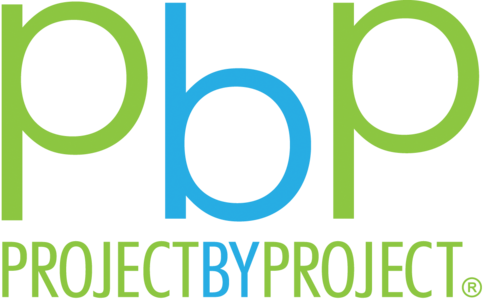10 Things You Should Know from PbP’s State of API Immigration Panel
 On Saturday, June 30, 2018, PbP organized a panel of local non-profit organizations to discuss issues and stories related to API immigrants in the U.S. Here are 10 key takeaways from the event!
On Saturday, June 30, 2018, PbP organized a panel of local non-profit organizations to discuss issues and stories related to API immigrants in the U.S. Here are 10 key takeaways from the event!
- What does the data tell us about the API community?
Asians are the fastest growing population in the United States.
Asians (49%), Pacific Islanders (48%), and Latinos (48%) have a much smaller percentage of voters compared to White (65%) and Black (59%) Americans.
- How does immigration impact different API groups?
Cambodian refugees who survived Khmer rouge fear at least 15 traumatic events such as witnessing murders, rape and slavery and live in high poverty high crime areas. Many Cambodians who have been deported have no family to return to in Cambodia at all.
Immigration affects Pacific Islanders in this country given that half are not US citizens. Protecting birthright citizenship is an important issue among Samoans as it protects their culture and Heritage.
Nepalis who were granted temporary residency status (TPS) within the US after a 7.8 magnitude earthquake hit in Nepal in 2015 are a risk of being of deported.

- What should I know as an undocumented citizen?
The naturalization process requires a biometric to be taken so if you have a criminal record it will show and flag immigration. Undocumented citizens who have a criminal record should have their record reviewed by an attorney before applying for naturalization.
Undocumented citizens who have a disability are exempt from taking a language test. However, immigration officers are making their own determination whether an undocumented immigrant is disabled often without medical expertise.
If you are receiving government benefits you are eligible for a fee waiver for the naturalization application.
- Why should undocumented citizens apply for US citizenship?
As a US citizen, you gain the right to vote, the right to not be deported, and the right to receive government benefits (e.g. social security). Also, US citizens have priority for bringing their families to the United States.

- What are challenges facing API undocumented citizens?
Fear of deportation prevent undocumented citizens from applying for health insurance and reporting hate crimes!
API undocumented citizens often experience linguistic and cultural barriers.
- Where can undocumented citizens get help?
Legal Aid Foundation of Los Angeles (LAFLA) has legal clinics throughout LA County (Koreatown, Chinatown, Long Beach, Thai Town, and Little Tokyo) and Language Lines(Korean, Cantonese, Japanese, Vietnamese and Khmer) where undocumented citizens can receive assistance.
- How can I help out?
Come to PbP’s Plate-by-Plate Annual Tasting Benefit on Saturday, August 4, 2018 at City Social Market House. Tickets are on sale now! Proceeds go to OCA-GLA and their Mentored Path to Citizenship Program. You can also donate directly to PbP here: http://projectbyproject.org/donation-2/

- Where can I learn more about PbP and Immigration rights?
Project by Project – http://projectbyproject.org/
OCA-GLA – https://oca-gla.org/
AAPI-Data – http://aapidata.com/
United Cambodian Community of Long Beach – http://www.ucclb.org/
Pacific Islander Health Partnership – http://www.pacifichealthpartners.org/
South Asian Network – http://southasiannetwork.org/
Legal Aid Foundation of Los Angeles – https://lafla.org/
- Where can I watch PbP’s State of API Immigration Panel?
Watch the event and full discussion on our Youtube channel!
- Who was on the esteemed panel?
- Winnie Fong (Moderator), Manager of Public Outreach at Project by Project - Los Angeles
- Janet Ly, President at OCA-Greater Los Angeles
- Alton Wang, Assistant Director at AAPI-Data
- Susana Sngiem, Executive Director at United Cambodian Community of Long Beach
- Shikha Bhatnagar, Executive Director at South Asian Network
- Mai Tram Ly, Staff Attorney at Legal Aid Foundation of Los Angeles
- Calvin Chang, President of Pacific Islander Health Partnership
We want to thank all our community partners and friends for attending and supporting our events! Special thanks to our Manager of Public Outreach, Winnie Fong, for organizing and hosting this panel.
For info about our upcoming panels, please contact us at outreach.la@projectbyproject.org.

